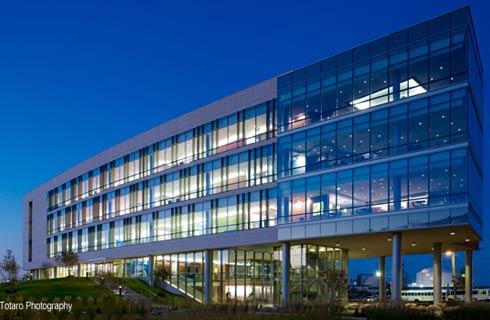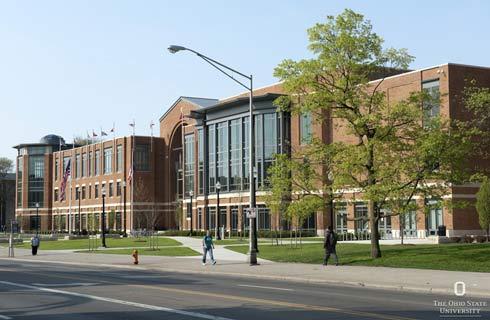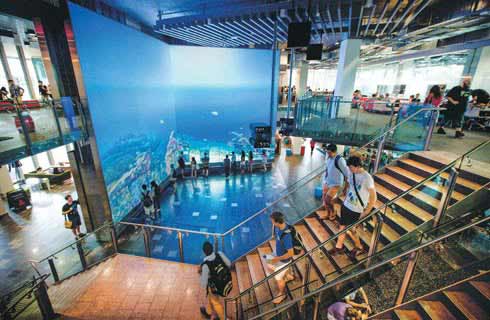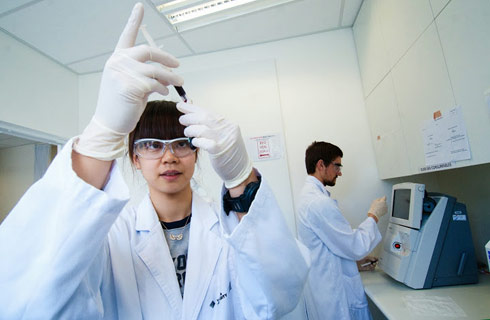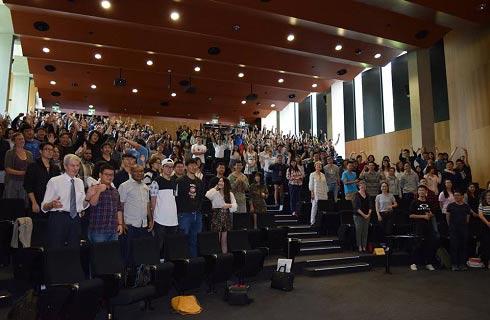国际学生入学条件
Applicants must normally hold an undergraduate degree at 2:1 level (or Non-UK equivalent as defined by Swansea University) in Chemical or Biochemical Engineering, or a related discipline, such as chemistry, biochemistry, physics, or other engineering or related discipline, IELTS - 6.5 Overall (5.5 each comp.) or Swansea University recognised equivalent, TOEFL (IBT) - 88,
展开
IDP—雅思考试联合主办方

雅思考试总分
6.5
了解更多
- 雅思总分:6.5
- 托福网考总分:88
- 托福笔试总分:160
- 其他语言考试:Pearson Test of English (Academic) 69
课程简介
Providing a sustainable, affordable and secure energy future through the discovery and implementation of new technology and innovation is a key challenge for the 21st Century. With more people requiring energy, effective solutions need to come from a wide range of sources. For the near term various energy innovations are needed and will be the key to global energy solutions. The Energy Safety Research Institute (ESRI) is a leading centre of excellence for the development of advanced technologies in energy resources, and can host many of these students. ESRI's research areas, broadly speaking, fit into the following categories: Hydrocarbon: Oil and gas production and processing, downstream issues relating to efficient fuel refining, additives and fuel composition/performance chemistry, Hydrogen: technologies for the efficient generation of hydrogen from wasted energy generation, photocatalysis for hydrogen generation, hydrogen as an energy vector, solar energy harvesting, CO2: technologies for the efficient removal of carbon dioxide from fuel feedstocks, use of carbon dioxide as a fuel source, Biofuel: methods for developing the process streams enabling integration of biofuel production with the chemistry industry supply chain, Energy transmission: Smart grids and carbon nanotube conductors, Wave and ocean technologies, Computer modelling: Energy related fields such as oil wells and energy grids and Other projects involving energy and innovation
展开


















